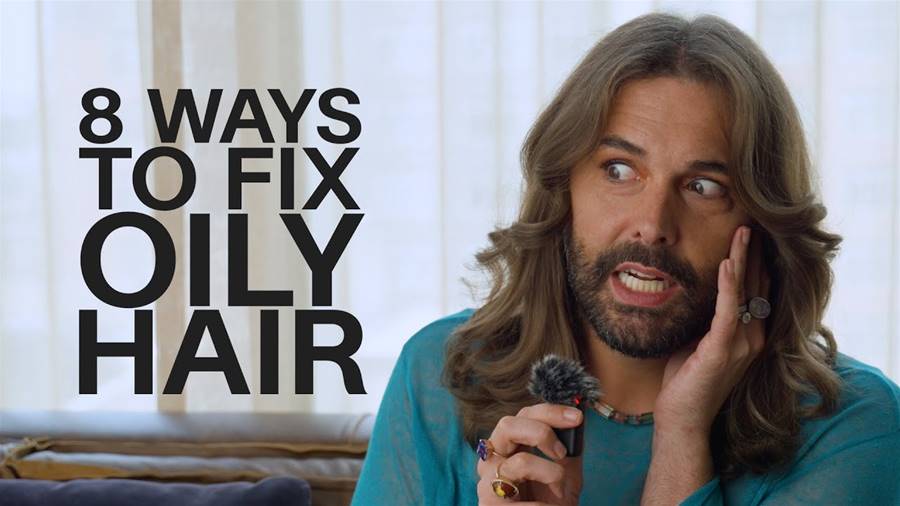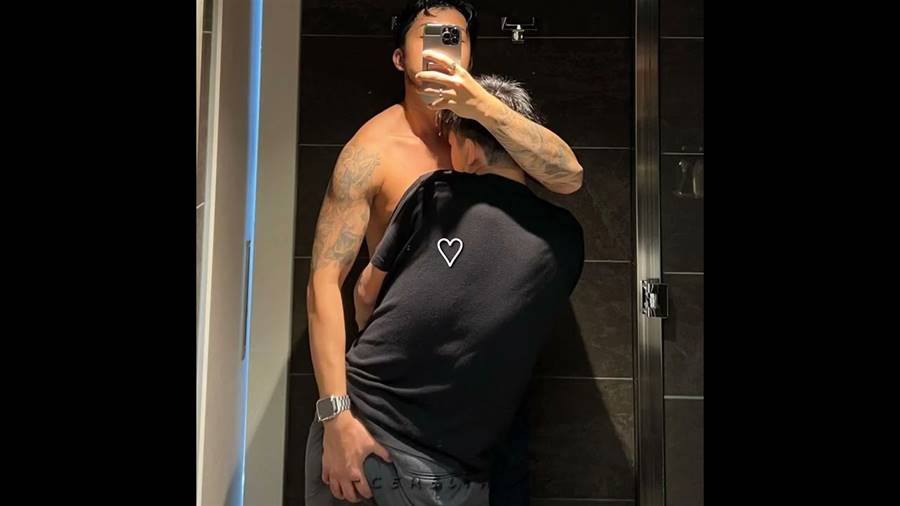
In recent years, there has been a growing trend on social media platforms such as TikTok, with the hashtag #fakebody gaining popularity. This trend has caught the attention of many users as they watch videos of people showcasing their fake body parts, mainly through the use of filters and editing techniques. The idea behind this trend is to create an illusion of a perfect body, one that conforms to the unrealistic beauty standards that society has set.
The proliferation of this trend reflects the impact of social media and its ability to influence people's perception of beauty and body image. With the rise of easy-to-use editing tools and filters, users have found a way to alter their appearance and present a flawless version of themselves to the online world.
This has resulted in a surge of videos featuring exaggerated hips, tiny waists, and enlarged breasts, all achieved through digital manipulation.
While some may argue that this trend is harmless entertainment, others worry about the potential consequences it may have on individuals' mental health. The constant exposure to digitally enhanced bodies may contribute to feelings of insecurity and self-doubt, as users compare themselves to these seemingly perfect standards. This pressure to attain an idealized physique can lead to body dysmorphia and low self-esteem.
Furthermore, the popularity of the #fakebody trend raises questions about the authenticity of online content.
Users may feel compelled to strive for a false sense of beauty, perpetuating a cycle of unrealistic expectations. This trend blurs the line between reality and fantasy, as viewers become increasingly desensitized to the use of filters and editing techniques.
It is crucial to recognize the negative impact that this trend may have on individuals, particularly young impressionable minds. Parents and educators play a crucial role in promoting body positivity and teaching young people about the pitfalls of comparing themselves to unrealistic beauty standards showcased on social media.
In conclusion, the #fakebody trend on social media platforms highlights the societal pressure to conform to unrealistic beauty standards.
This trend showcases the prevalence of digital manipulation and its impact on individuals' perception of body image. As users continue to strive for the illusion of a perfect body, it is important to address the potential negative consequences this trend may have on mental health and self-esteem. Moreover, promoting authenticity and body positivity is crucial to combat the harmful effects of unrealistic beauty standards perpetuated online.








